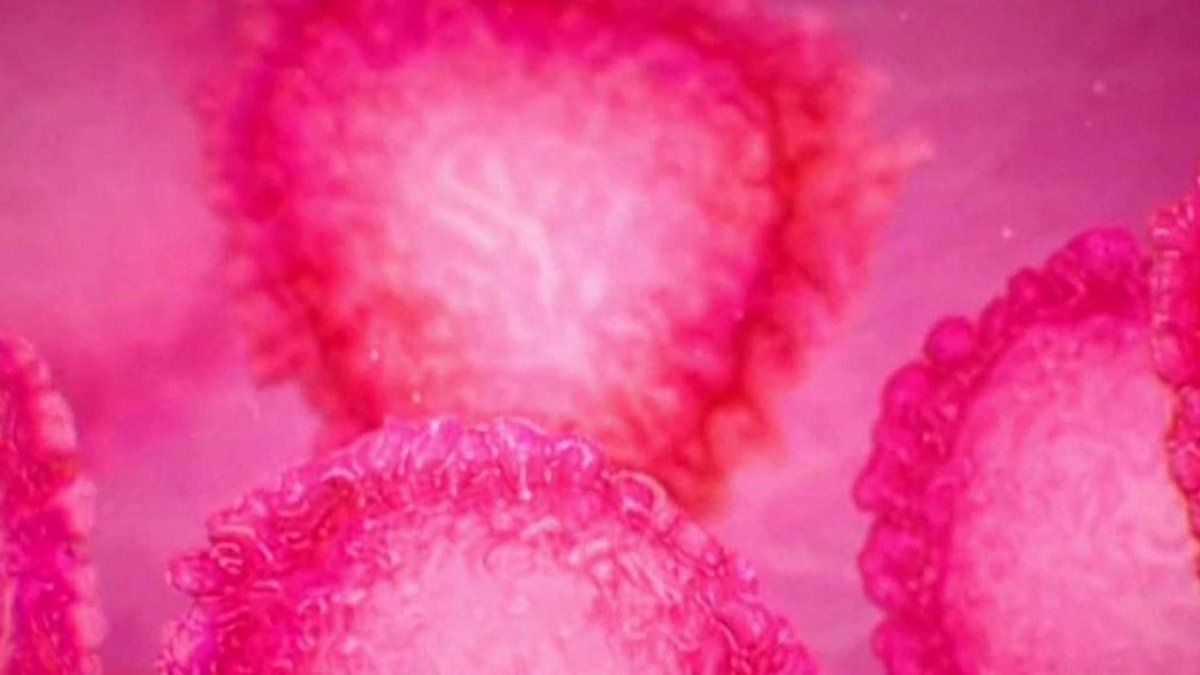
Top health officials said the state will prepare for the worst and hope for the best.
Gov. Ned Lamont said Wednesday that he is confident that Connecticut is prepared for the possible spread of the Novel Coronavirus and that public health officials, emergency officials and hospitals have been coordinating for weeks.
“This is not a call to make you nervous it’s a call to give you confidence that we’re ready for what’s going forward here, give you confidence that we have the best people here in the state of Connecticut who have been on this not just today but for weeks going forward,” he said at a press conference Wednesday.
The governor said the state is shifting focus from containment to mitigation and that all parts of the state government are working together on a coordinated basis, with meetings every day to discuss plans. He said he was in discussions with the delegation about potential funding that may be needed to adequately prepare, on top of whatever federal funding the state may receive. He also said that state officials went through pandemic readiness drills as recently as last August.
Communication and coordination is a key part of the preparedness plan, according to Lamont. Officials stressed that the situation is fluid and encouraged residents to visit ct.gov for the most updated information and advisories. Those with travel plans are encouraged to check the Center for Disease Control and Prevention recommendations daily and take appropriate precautions.
Commissioner James Rovella of the Department of Emergency Service and Protection said that the state’s Emergency Operations Center has been in “advanced monitoring” mode on coronavirus since January 27 and in careful communication with public health officials. The state is also in contact with the federal government.
“Information is knowledge and we’ll push out as much information as we possibly can,” he said.
Local
Dr. Matthew Carrter, the state epidemiologist, said as the virus spreads it will probably look like a bad flu year, but with no vaccine or anti-viral medication available. He cautioned that despite the research underway, realistically a vaccine probably won’t be available for at least a year.
He said while what’s coming will be challenging, officials are preparing carefully.
“We know we have a window of opportunity to get ready for transmission that could occur here,” he said.
Jennifer Jackson, CEO of the Connecticut Hospital Association, stressed that all hospitals across the state have been preparing for this kind of scenario.
“I want the public to be assured that hospitals are prepared to care for patients with COVID-19,” she said Wednesday.
Earlier in the day, the Connecticut Emergency Management Association called on the governor to take immediate action to prepare the state as well as municipalities for coronavirus, expressing concern with an “extreme shortage of available personal protective equipment.”
When asked about the letter, the governor said there has been a scramble for equipment as the entire world works to combat the virus, but said Connecticut hospitals are well stocked and officials were continuing work to source supplies.
President Donald Trump will hold a news conference Wednesday evening to discuss the coronavirus threat.
The following information is from the Centers for Disease Control and Prevention:
Frequently Asked Questions About Coronavirus
A novel coronavirus is a new coronavirus that has not been previously identified. The virus causing coronavirus disease 2019 (COVID-19), is not the same as the coronaviruses that commonly circulate among humans and cause mild illness, like the common cold.
Cases of Coronavirus in the United States
There have been 14 cases of this coronavirus -- COVID-19 -- in the United States. Twelve of them were travel-related and two were spread from person to person.
How Coronavirus Spreads
This virus was first detected in Wuhan City, Hubei Province, China. The first infections were linked to a live animal market, but the virus is now spreading from person-to-person.
The virus is thought to spread mainly from person to person, according to the CDC.
- Between people who are in close contact with one another (within about 6 feet)
- Via respiratory droplets produced when an infected person coughs or sneezes.
- These droplets can land in the mouths or noses of people who are nearby or possibly be inhaled into the lungs.
Spread from contact with infected surfaces or objects.
Symptoms of Coronavirus
- Fever
- Cough
- Shortness of breath
Note: The CDC believes that symptoms of COVID-19 might appear in as few as two days or as long as 14 days after exposure -- based on what has been seen previously as the incubation period of MERS-CoV viruses.
Prevention of Coronavirus
- Avoid close contact with people who are sick.
- Avoid touching your eyes, nose, and mouth.
- Stay home when you are sick.
- Cover your cough or sneeze with a tissue, then throw the tissue in the trash.
- Clean and disinfect frequently touched objects and surfaces using a regular household cleaning spray or wipe.
- Follow CDC’s recommendations for using a facemask. CDC does not recommend that people who are well wear a facemask to protect themselves from respiratory diseases, including COVID-19.
- Facemasks should be used by people who show symptoms of COVID-19 to help prevent the spread of the disease to others. The use of facemasks is also crucial for health workers and people who are taking care of someone in close settings (at home or in a health care facility).
- Wash your hands often with soap and water for at least 20 seconds, especially after going to the bathroom; before eating; and after blowing your nose, coughing, or sneezing. If soap and water are not readily available, use an alcohol-based hand sanitizer with at least 60% alcohol. Always wash hands with soap and water if hands are visibly dirty.
Information from the State on Coronavirus
The state has posted information online about Coronavirus Disease 2012 - COVID-19.



